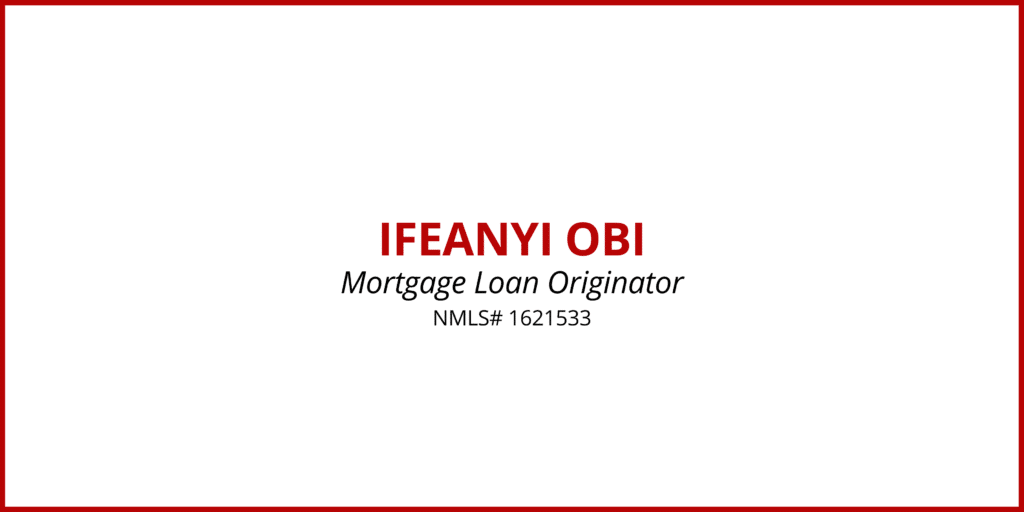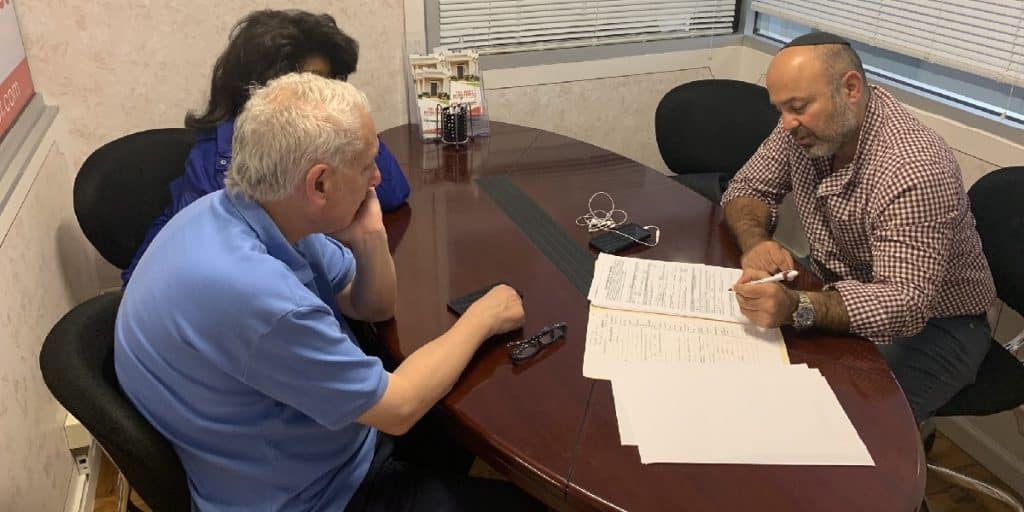
At MortgageDepot, we understand that exploring all your financial options is crucial when it comes to securing your future. One such option that has gained popularity among homeowners is a reverse mortgage. This unique financial tool allows homeowners aged 62 or older to convert a portion of their home equity into usable funds. However, as with any financial decision, it’s important to weigh the pros and cons before making a choice. Let’s delve into the advantages and disadvantages of reverse mortgages.
Pros:
- Financial Flexibility: A reverse mortgage provides homeowners with a steady stream of income or a lump sum payment, giving them the flexibility to cover essential expenses, invest in home improvements, or pursue personal passions during retirement.
- No Monthly Mortgage Payments: With a reverse mortgage, you are not required to make monthly mortgage payments. This can significantly alleviate financial burdens, especially for retirees on fixed incomes.
- Stay in Your Home: Unlike a traditional mortgage, a reverse mortgage allows you to remain in your home as long as you fulfill the loan obligations, such as paying property taxes, insurance, and maintaining the property.
- Loan Proceeds are Tax-Free: The funds obtained through a reverse mortgage are generally tax-free, providing a valuable source of income without the burden of additional tax obligations.
- Protection Against Falling Home Values: Reverse mortgages are “non-recourse” loans, which means that you and your heirs are not responsible for repaying more than the appraised value of the home, even if the loan balance exceeds it.
Cons:
- Accumulating Interest: While you are not required to make monthly mortgage payments, the interest on a reverse mortgage accrues over time. This means that the loan balance can increase, potentially reducing the equity available to you and your heirs.
- Decreasing Inheritance: As the reverse mortgage balance grows, it can diminish the amount of equity that would be passed down to your heirs. It’s important to consider the long-term impact on your estate planning.
- Impact on Government Benefits: If you receive means-tested government benefits, such as Medicaid or Supplemental Security Income (SSI), the funds from a reverse mortgage may affect your eligibility. Consulting with a financial advisor can help you understand the implications.
- Costs and Fees: Reverse mortgages come with closing costs, origination fees, mortgage insurance premiums, and servicing fees. These expenses can affect the total amount you receive from the loan.
At MortgageDepot, we have the expertise and experience to guide you through the process of obtaining a reverse mortgage. Our team can provide personalized advice, explain the specific terms and conditions, and help you determine if a reverse mortgage is the right choice for your financial needs.
A reverse mortgage can be a valuable tool for homeowners aged 62 or older to access their home equity while remaining in their cherished homes. However, it’s essential to carefully consider the pros and cons before proceeding. Our team at MortgageDepot is here to assist you every step of the way, ensuring you make an informed decision that aligns with your long-term financial goals. Contact us today to learn more about how we can help you unlock the potential of a reverse mortgage.
Connect with one of our loan consultants to learn more.
Have questions or need help?
Call us now at 800-220-LOAN
Request a call back or email us your questions!







